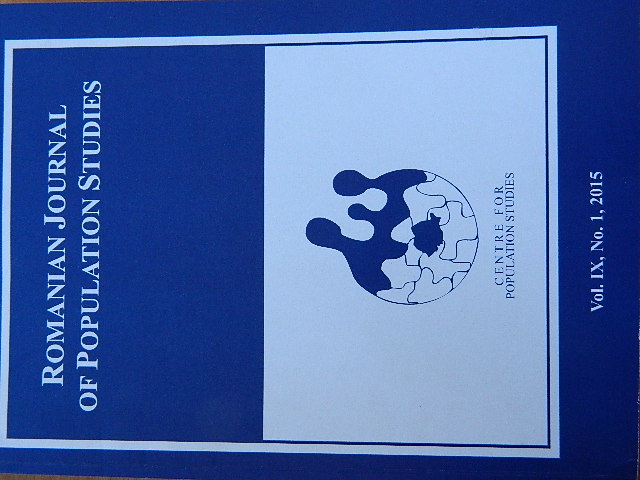Determinants of unwanted fertility in Bangladesh: wheter sex preferences and unmet nees are dominant?
Determinants of unwanted fertility in
Bangladesh: whether sex preference
and unmet need are dominant?
Author(s): Mahfuzur Rahman, Tapan Kumar RoySubject(s): Social Sciences
Published by: Centrul de Studiere a Populaţiei
Keywords: unwanted fertility; total fertility rate; replacement level fertility; unmet need; sex preference.
Summary/Abstract: This study aims at investigating the determinants of unwanted births in Bangladesh and examines the dominance of each of these determinants over others. This study based 2011 BDHS data from which 5,493 ever married women were finally selected as the unit of analysis. Logistic regression analysis has been applied to underscore the determinants and to examine the control effects of variables. Result shows that about 17 percent women reported their last birth was unwanted and 83 percent of them married before reaching age 18. Unmet need for family planning, marriage at younger age , religion, low schooling years of women, and husband’s desire for more children emerged as dominant factors despite control effects in the process and these factors influenced to have far higher unwanted births than their respective counterparts. The most striking finding of this study is that, along with the unmet need for family planning, there are few other factors that also supersede sex preferences. Influence of child loss experience on having unwanted birth has appeared to be insignificant. Along with the quality and pervasive family planning services, delivery of negotiation assistance to the service seekers, through the existing family planning service setup, to convince their spouses would produce great results.
Journal: Romanian Journal of Population Studies
- Issue Year: 9/2015
- Issue No: 1
- Page Range: 81-103
- Page Count: 22
- Content File-PDF

